John Malkovich in Athens: Declares support for the return of the Parthenon Sculptures to Greece
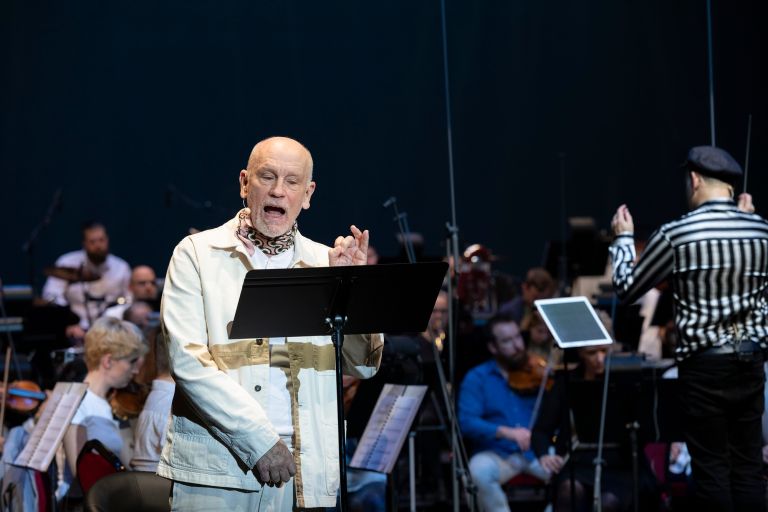
Πηγή: Facebook -Péter Nagyszűcs Photo
Acclaimed American actor John Malkovich visited the Acropolis Museum ahead of his performance in Athens on October 6 and declared his support of the return of the Parthenon Sculptures to Greece from the British Museum in London.
On October 6, he appeared at the Odeon of Herodes Atticus with the delightfully sarcastic show The Music Critic by Aleksey Igudesman, but not before being given a tour by General Director of the Acropolis Museum Nikolaos Stampolidis, accompanied by theatre producer Giorgos Lykiardopoulos.
John Malkovich was impressed by the ancient Greek beauty, asking with great interest to learn more and more details. When asked by a reporter on his way out whether he thought the marbles should be returned to the Parthenon he answered with an absolute and emphatic “I do.”
The Music Critic was presented on Thursday at the Odeon of Herodes Atticus and will be once against performed on October 8 at the Thessaloniki Concert Hall. The famous actor spoke about art, his personal relationship with criticism, and also spoke about the return of the Parthenon Sculptures.
Conceived and created by violinist, composer, producer and actor Aleksey Igudesman, The Music Critic is a sardonic mix of the worst yet most unexpected music reviews written over the centuries about some of the greatest classical composers of all time. Malkovich stars as the evil critic who thinks the music of Beethoven, Chopin, Prokofiev and so many others is just boring.
Igudesman, said at the press conference on October 4 that every sentence of his work is taken from real reviews that have been formulated in exactly the same way.
Speaking about the show, Malkovich said that “it’s for everyone- for the less informed audience but also for those who love music.” At the same time, according to him, it turns a blind eye to those involved in the field of creation, as even they should know that what they will present the public may not like.
“The Music Critic reminds us that an idea that enters the public sphere may not be immediately loved.”
To the question of whether in modern times criticism can affect people to the extent that it affected people in the past, as today everyone can express an opinion by writing an informal criticism on social networks, he answered that “in essence this ‘democratisation’ of criticism is something that has weakened its power.”
I’m sorry that criticism has lost a bit of its prestige these days, although sometimes I find the ingenuity of some anonymous comments on the internet amusing,” he added, while also referring to the bad reviews he has received.
“I don’t think I’m in any kind of conflict with the critics, they do their job which is to inform the public about something they saw, heard or felt and mine which is to create something properly.
“What interests me is to do my job as best as possible and as I believe, regardless of whether or not someone likes it,” he emphasised.
He noted that no criticism has helped him in his career as he learned from his father from the age of three that “every decision I make in my life should be mine and no one else’s.”
“I don’t know if I’ve ever learned anything from a bad review. A bad review is unlikely to identify the problem itself, although it may be accurate as to the existence of the problem. And this is not because I believe that the critics are not competent enough or lack interest in the work at hand. “It is like someone asking me to read Sanskrit. I don’t know how to do it. And sure, you can say I’m not interested in learning, so why try? I have a lot of work, I can’t depend on myself in every way. I already have many opinions myself,” he said.
During the press conference, the American actor responded succinctly, but positively, to a question about the Parthenon Sculptures that they should be returned to Greece.
The Music Critic, in addition to bad reviews of some of the greatest composers of classical music, includes a horrible review of Malkovich himself for a piece of music he had performed a few years ago in Constantinople, entitled ‘The Torture of Malkovich’ and the actor, as a critic this time, reads it at the end of the performance.
“When I read this particular review it bothered me at first but then I couldn’t stop laughing. The first thing that came to mind was that it was a shame my father didn’t live to read it. He would be very happy because it would confirm his whole theory about me since I was a little boy.”
Διαβάστε όλες τις τελευταίες Ειδήσεις από την Ελλάδα και τον Κόσμο



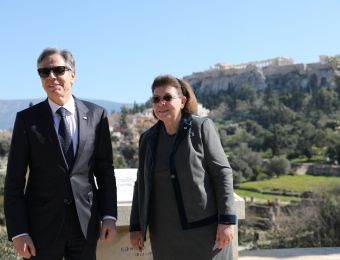


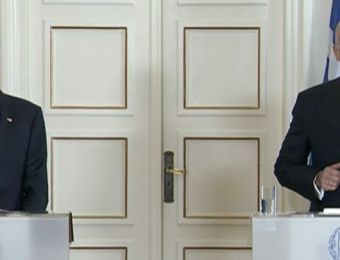
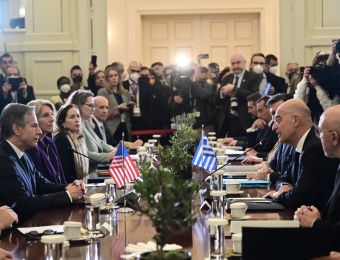



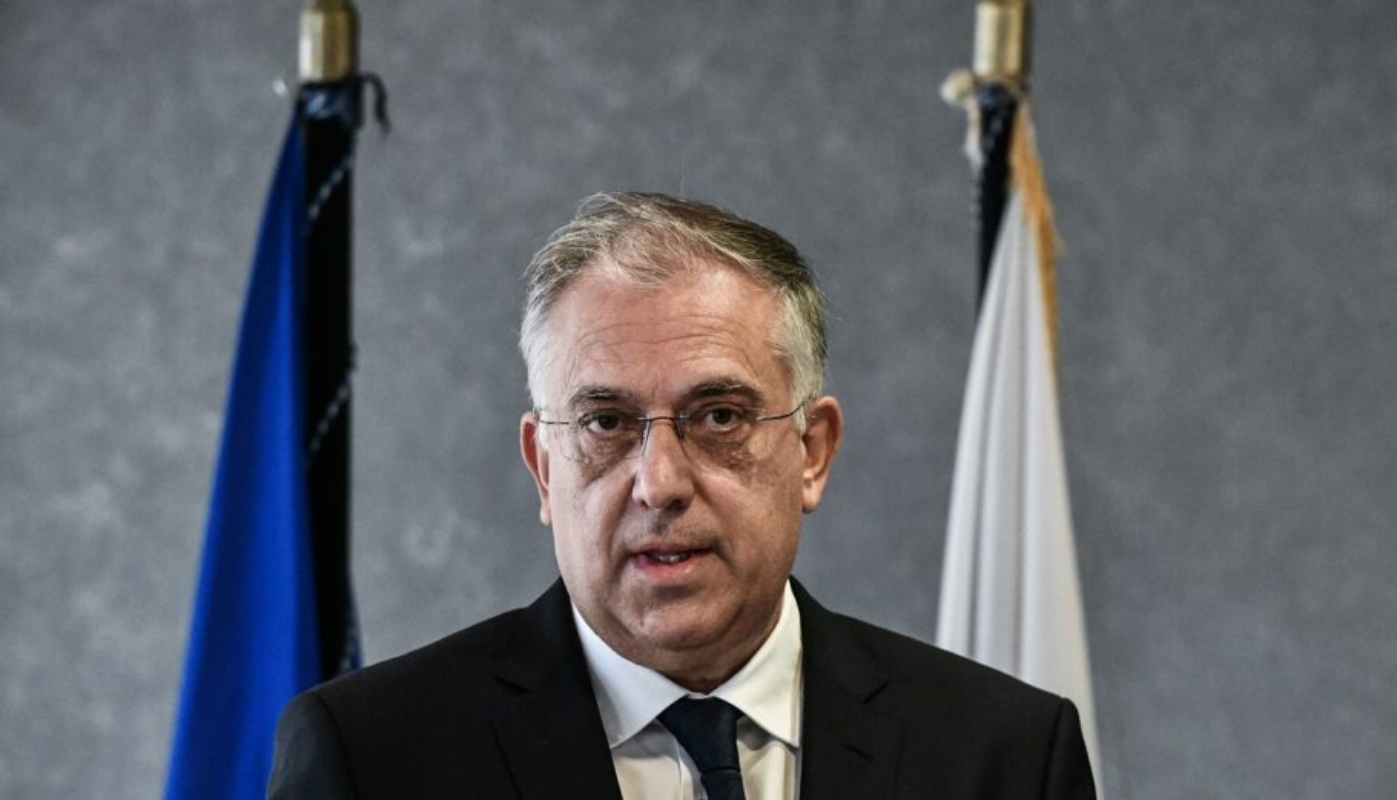

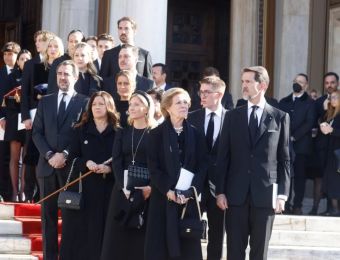

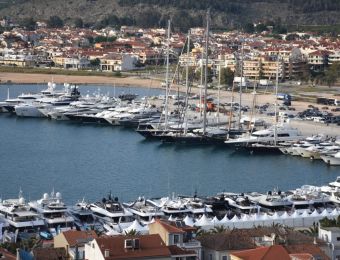


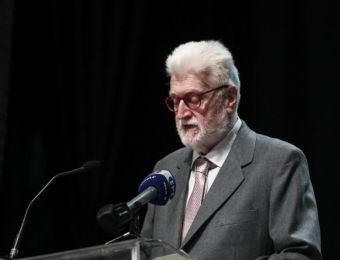

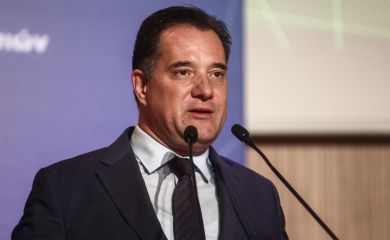
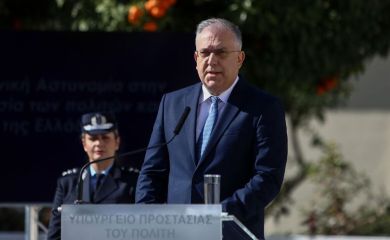

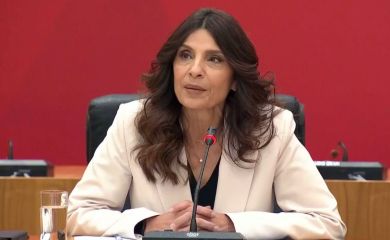

Το σχόλιο σας